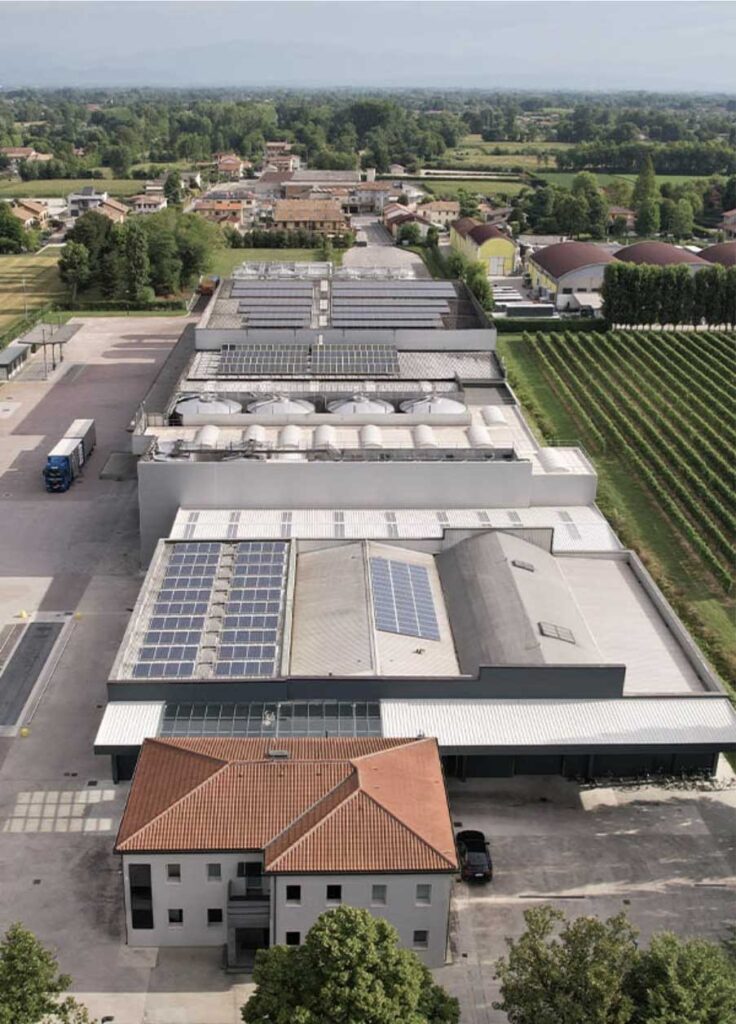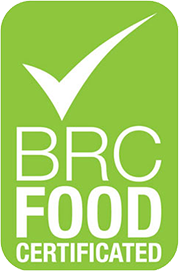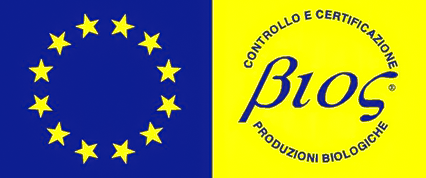The trend towards ecofriendly viticulture in our country is progressing day by day and, at the same time, the marketing of organic wine advances. Although the current economic scenario is going through a complex period, organic wine is no longer a trend or a “narrow niche”, or rather, a small market segment. On the contrary, it is a significant reality of the Italian agri-food market, created to respond to the demands for sustainability and ethics expressed by consumers.
The “Organic Wine Market Forecast report of 2028”, prepared by The Insight Partners predicts that the organic wine market will experience an annual growth of 12% CAGR between 2022 and 2028, rising from 12,471.20 million dollars (in 2022) to 24,557.14 million dollars (by 2028).
But before understanding what organic wines are, it is important to know the manufacturing process that underlies them. We are talking about organic agriculture, which represents a mission and a moral commitment to safeguard not only the territory but also the health of consumers.
Organic production is subject to precise regulations regarding the methods of cultivation and/or transformation of agricultural products and the use of specific techniques and substances.
Organic agriculture represents a global management system of a farm and its agri-food production and combines internally production practices aimed at protecting the environment and the natural resources it offers.
What is organic wine?
Organic wine is a product made according to a cultivation method with precise rules, established by EU Reg. n. 2018/848, which excludes the use of pesticides or synthetic chemical fertilizers.
An example? Organic fertilizers are used to fertilize the land, while as far as the defense of crops from parasites is concerned, preventive action is taken by reinforcing the plants with balanced fertilizations. Pesticides of natural origin such as copper, sulphur, plant extracts, etc. are used. Another solution consists in the use of living organisms that are antagonistic to parasites: the so-called parasite control.
A vineyard that is cultivated without the use of chemical agents respects the territory and produces a healthy and balanced wine, with a unique and intense flavor.
Vinicola Vedovato Mario: our Italian organic wines.
In Vinicola Vedovato Mario we have been dealing with the marketing of bulk organic wine for years. We distribute wines from organic vineyards throughout our territory, in order to satisfy that part of the market attentive to environmental sustainability issues, which is very important to us.
The organic production adopted by our suppliers responds to a model of sustainable development, as described above, based on the principles of preserving and enhancing resources and respecting the environment and consumer’s health.
Our products are protein stable, micro filtered and, on request, also cold stabilized and with residual sugar, in compliance with the related regulations.
Find out more about our organic wines!
Our certifications
Certifications are essential in order to be able to speak about organic wine. Our bulk wines comply with the rules established by the EU Regulation n. 2018/848 and meet the standards, among others, to the Bios organic certification.
Through control activities and company certification, Bios monitors a strict compliance with the laws, regulations and currently in force laws, established by the European Union and the Ministry of Agricultural, Food and Forestry Policies.
The organic company logo, envisaged by the European Union, is a sign of guarantee regarding the quality of the products and the safety of the production chain.
In this article we learned about the organic wine sector and sustainable agriculture. We have also illustrated our organic wines and the Bios certifications.
Would you like to receive more information about it? Contact us, our team of experts will be eager to answer your questions carefully!







